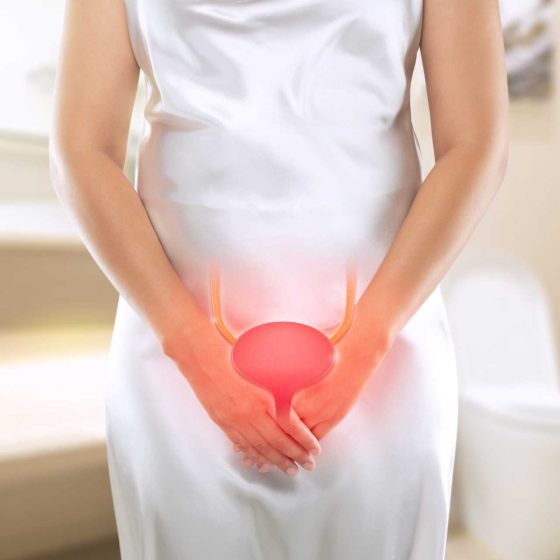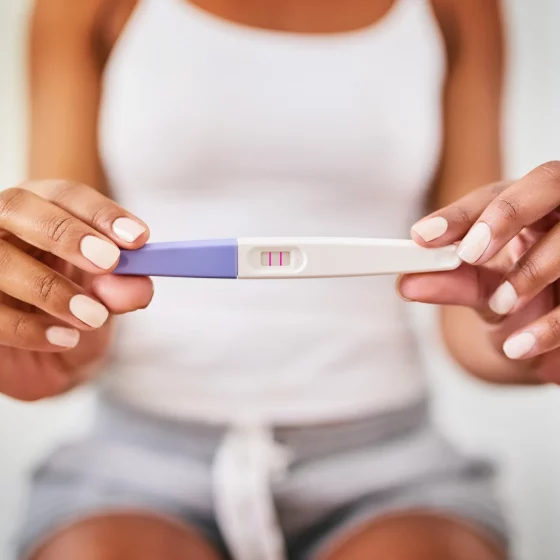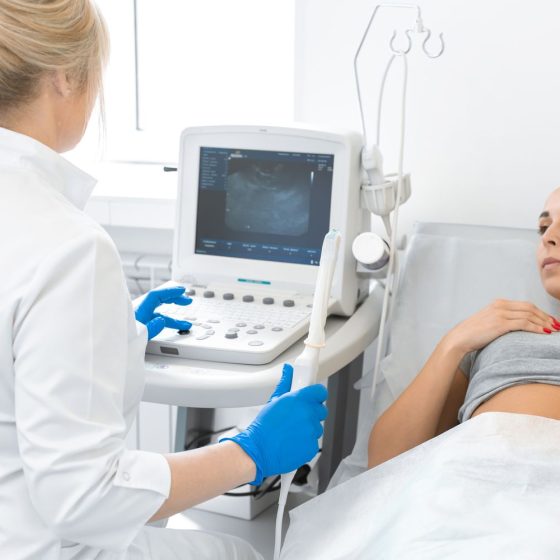Planning for your pregnancy
If you are thinking about pregnancy, visit your doctor for a preconception consult. They will provide you with expert advice on planning your pregnancy. The preconception period (3 to 6 months prior to pregnancy) is the time to make life changes that can help boost fertility, reduce problems during pregnancy and assist in recovery from birth. Folic acid If you and your partner are planning to conceive, you should start taking a folic and iodine supplement before you get pregnant. Folic acid helps to provide the best health outcomes for your baby when they are growing. Taking folic acid daily















